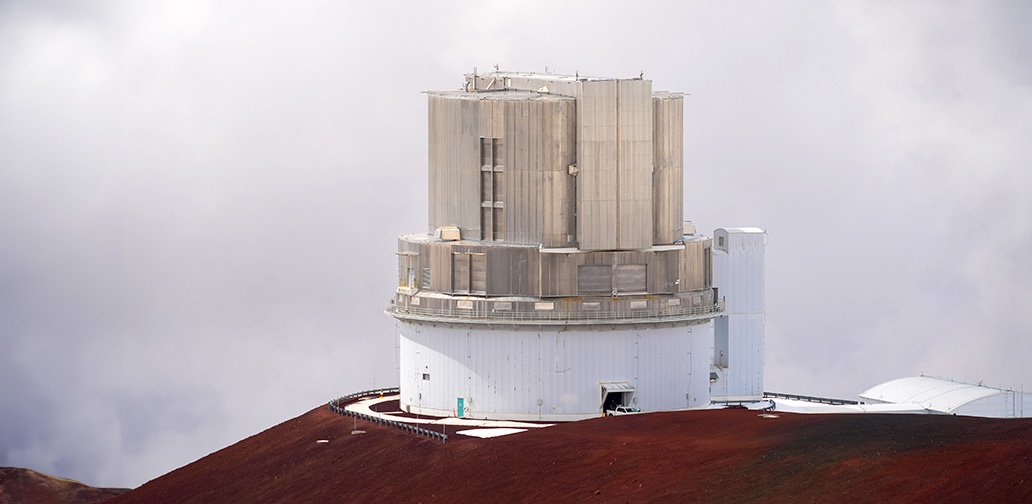The Royal Australia College of GPs (RACGP) is calling on government to give GPs and practice teams greater support in helping communities struck by natural disasters.
It comes during the College’s annual Practice Owner’s Conference in Cairns running 24 to 26 May. This year’s conference includes a presentation from RACGP Vice President and Rural Chair, Associate Professor Michael Clements, and deputy Queensland chair and Cairns-based GP, Dr Aileen Traves, concerning the role of general practice in disaster management and the vital role GPs and practice teams play in supporting communities in their time of need.
Associate Professor Michael Clements said that GPs and practice teams must be front of mind.
“When disasters like floods or cyclones strike, GPs roll up their sleeves and get to work. However, too often, we are not front of mind in disaster planning, preparation, response, and recovery, and that must change,” he said.
“We’re the ones on the ground helping our patients, and we are there to pick up the pieces in aftermath, including helping people affected by trauma who have lost loved ones, or their homes or businesses. It’s not just the physical injuries we are concerned about, we care for patients with mental health issues who turn to their GP during the worst time of their life. So, please, give us a helping hand.
“The problem is that too often GPs are treated as an afterthought. This must be rectified, because as things stand we are doing everything we can with one arm tied behind our backs. In coming years, climate change will exacerbate the severity of natural disasters, including bushfires and floods, so we have no time to lose.”
Dr Traves said that communities hit by natural disasters rely on local GPs and practice teams.
“When the going gets tough, GPs get going,” she said.
“As a Cairns-based GP I worked through Tropical Cyclone Jasper and the subsequent catastrophic flooding in Cairns in December last year. Along with many other GPs, I cancelled our Christmas leave plans to help provide support and critical medical services to our local community.
“I can tell you that we worked some enormous hours during those weeks, and that being able to provide both on the ground and telehealth services to our patients who found themselves isolated and unable to reach the practice was invaluable. Patients really appreciated being able to seek advice from their usual GP. My experience was one that many GPs have experienced across Queensland and Australia, but we are held back from doing all we can to help patients in need. That comes down to a lack of consistent communication and coordination from the disaster response team, and this is why GPs must be embedded in disaster planning and management. That way we will be working to our full capacity once flood waters rise or a cyclone bears down on us.
“When you consider that every single practice does disaster planning as part of accreditation process, and the critical role we play during natural disasters and in the aftermath, it’s nothing short of senseless that we’re not included in local, state, and national-level planning. GPs and practice teams in communities nation-wide are doing a tremendous job; however, we could do so much more for our communities if government had our backs.”
The College’s response to the Alternative Commonwealth Capabilities for Crisis Response Discussion Paper provides a series of vital recommendations such as:
- including the RACGP as a key national partner of the National Emergency Management Agency
- including GPs in state and territory disaster planning groups or creating a dedicated GP Disaster Management group, so GPs can be engaged in frontline responses
- funding for general practice to prepare, respond to and recover from disasters and remain viable in disaster prone areas
- recognition of general practices as an essential service for access to emergency provisions and resources
- creation of special Medicare Benefit Schedule item numbers for disaster affected GPs and patients
- recognition and support for the role of general practice in disaster response and recovery.
~






